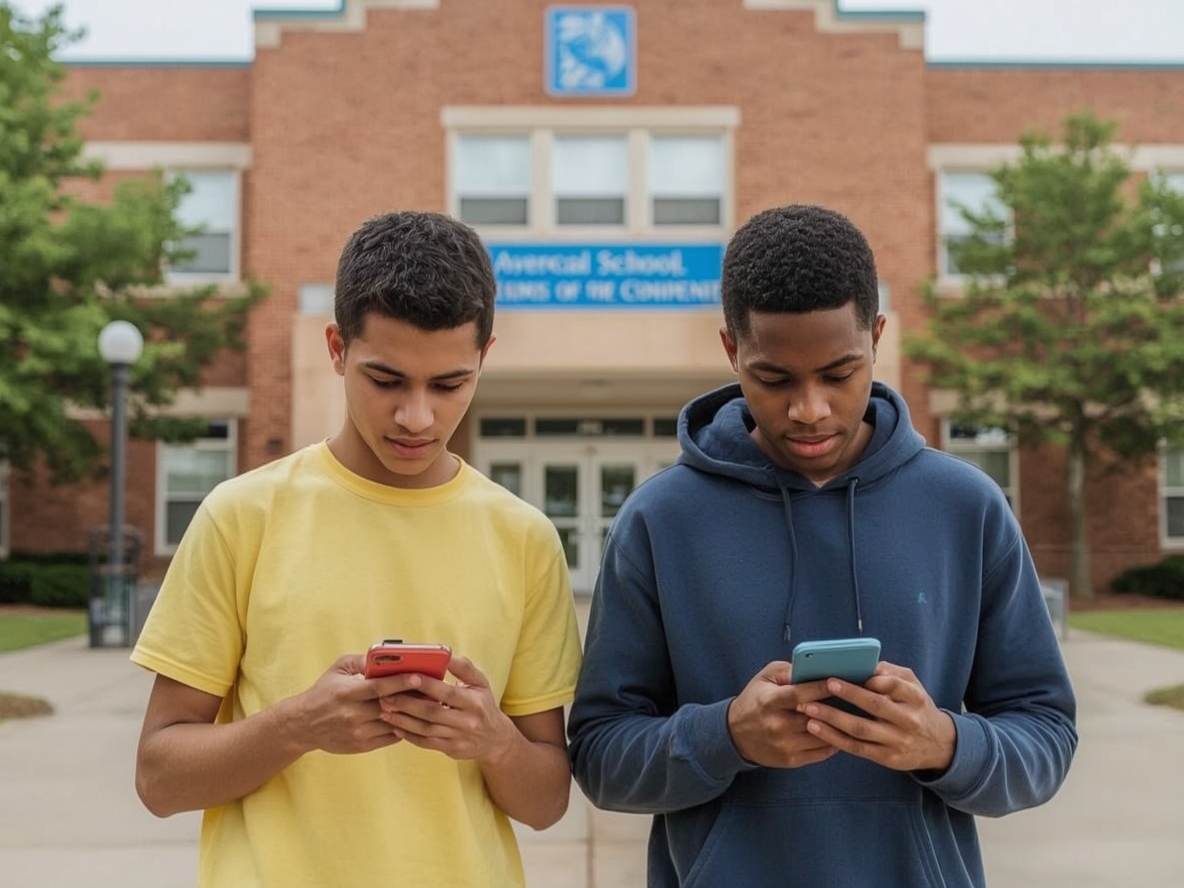
In the Japanese city of Toyoda (Aichi Prefecture), city council members approved a draft ordinance limiting smartphone use during leisure time . The document establishes a daily limit of two hours, with exceptions for work or school activities . Twelve of the 19 city council members supported the measure. The new rules will take effect on October 1st.
As NHK points out , the regulation does not include penalties and is advisory in nature. Authorities hope it will help raise awareness among city residents about the problem of excessive screen time.
The city administration emphasizes that smartphones have become a necessary part of life, but their prolonged use can lead to sleep deprivation, reduced family communication, and interfere with the healthy development of children.
Special recommendations apply to school-age students . Primary school children are advised to put away their cell phones completely until 9:00 p.m., while middle school and high school students are advised to do so until 10:00 p.m.
The decision sparked controversy within the city council. Opponents argued that smartphone use should be addressed within the context of family education. Others pointed out that for some children, phones represent an important form of support outside of school or home.
Supporters, however, argued that the regulation would help reduce the risk of addiction and encourage families to reconsider their habits. They argued that the document’s value lies in encouraging people to consider their children’s health and education. In a press release, Toyoaki Mayor Masanori Kobuki emphasized that the two-hour limit is merely a guideline. He stated that the authorities’ goal is not to ban smartphones, but to remind residents of the risks to sleep and well-being associated with excessive device use.
The experience of the city of Toyoda highlights how, in some communities, serious consideration is beginning to be given to the need to limit digitalization, especially among the most vulnerable groups, such as children. The adoption of a two-hour daily limit on smartphone use during leisure time, albeit without penalties, sends an important signal: recognizing the risks associated with excessive exposure to screens can be the first step in promoting healthy development, preserving family communication, and ensuring adequate sleep.
This advisory measure, aimed specifically at school-age students, emphasizes a key principle: technology, while essential to daily life, should not replace human interaction or compromise the physical and psychological well-being of young people. Limiting smartphone use does not mean demonizing technology, but rather educating people about conscious and balanced use, raising awareness among parents and teachers about the potential negative effects of prolonged exposure.
Looking ahead, initiatives like Toyoda’s could serve as a model for other communities, sparking a broader debate on the role of digital transformation in children’s lives. The future challenge will be to find a balance between technological innovation and health protection, developing policies and guidelines that promote the responsible and sustainable use of digital tools among the most vulnerable segments of the population.
Follow us on Google News to receive daily updates on cybersecurity. Contact us if you would like to report news, insights or content for publication.
